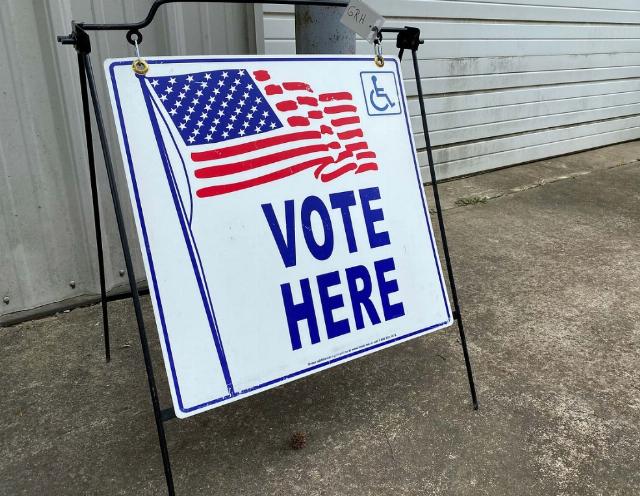Polls: Transparent elections important to majority of Americans
It turns out that most Americans want election measures that call for transparency, according to the November 18 Rasmussen Poll on “election integrity.”
Rasmussen reported that there was “broad support” for measures that ensure election integrity. The poll found that “[a] majority of voters support measures to ensure that elections are honest and that results are reported quickly.” Remarkably, the responses to the poll mostly showed very little political polarization, with “majority support in all political categories.”
Rasmussen’s survey of “800 U.S. Likely Voters conducted on November 12–14” found that for proposal number one in the survey, 65% of U.S. Likely Voters want “disputes over election results” to be investigated fully, using “forensic ballot audits.”
The responses to the second proposal favoring efficient Election Day reporting of results show that “63% of Likely U.S. Voters” want a federal law requiring votes to be counted quickly and want results reported “within 12 hours of polls closing on Election Day.”
In the third proposal, Rasmussen asked Likely Voters about paper ballots, with 63% of all Likely Voters believing that federal laws should require paper ballots.
Notably, support for the three election integrity measures seems to transcend party:
- Sixty-four percent of Republicans, 63% of Democrats, and 59% of unaffiliated voters “think disputes over election results should be investigated fully, including the use of forensic ballot audits.”
- Seventy-six percent of Republicans, 56% of Democrats, and 58% of independent voters believe that election results should be counted and reported on Election Day, “within 12 hours of polls closing.”
- Sixty-five percent of Republicans, 57% of Democrats, and 55% of unaffiliated voters agreed that “federal election laws should require the use of paper ballots.”
Men were slightly more likely to advocate for a federal law requiring paper ballots, with 61% of men and 57% of women advocating for their use.
All three election integrity proposals garnered majority support, regardless of race.
Lower-income voters indicated they were “more likely to support requiring paper ballots in elections.” Only 44% of Likely Voters with incomes greater than $200,000 thought paper ballots are important.
When broken down by age group, 72% of Likely Voters under the age of 40 felt that the count and results should be reported quickly, “within 12 hours of the close of polls on Election Day.” Between the ages of 40 and 64, support for efficient Election Day reporting dropped to 61%. While still a majority, support for faster Election Day reporting dropped to 57% for Likely Voters 65 and older.
Regarding federal election laws that would require the use of paper ballots, all three age groups were close in their support for the measure, with under-40s at 58%, 40- to 64-year-olds at 59%, and those over the age of 65 at 60%.
There was also solid support in the two lower age groups for the use of forensic ballot audits as a way to investigate election result disputes. Sixty-eight percent of 18- to 39-year-olds favored the use of forensic ballot audits, and 40- to 64-year-olds were at 69% favorable to the proposal.
Those 65 and older still favored forensic ballot audits but were not quite as enthusiastic, with 55% of the elders favoring the measure to ensure that result disputes be settled with forensic ballot audits.
Notably, there was a huge disparity between those with lower education levels and those with graduate school education when it comes to the importance of the efficient counting and reporting of election results. Forty-six percent of those who attended graduate school thought Election Day counts and fast reporting are important. On the other hand, the majority of graduate school attendees favored full forensic ballot audits and the use of paper ballots, coming in at 61% and 52%, respectively.
The only proposal that those with a liberal ideology supported with a majority of responses was the use of forensic ballot audits to settle disputes over results (61%). Forty-five percent of liberals supported efficiency on Election Day counting and results. Forty-six percent of individuals with a more liberal ideology supported federal election laws requiring the use of paper ballots.
Concerning the parties polled, they were evenly distributed. Thirty-five percent of the Likely Voters polled were Democrats, 33% were Republicans, and 32% were “Other.” The poll also looked at ideology to drill down, segmenting respondents into four ideological categories: Conservative, Moderate, Liberal, and “Not Sure.”

Image: cagdesign via Pixabay, Pixabay License.
Rasmussen Polls graciously permitted American Thinker to publish Platinum content for this article.





